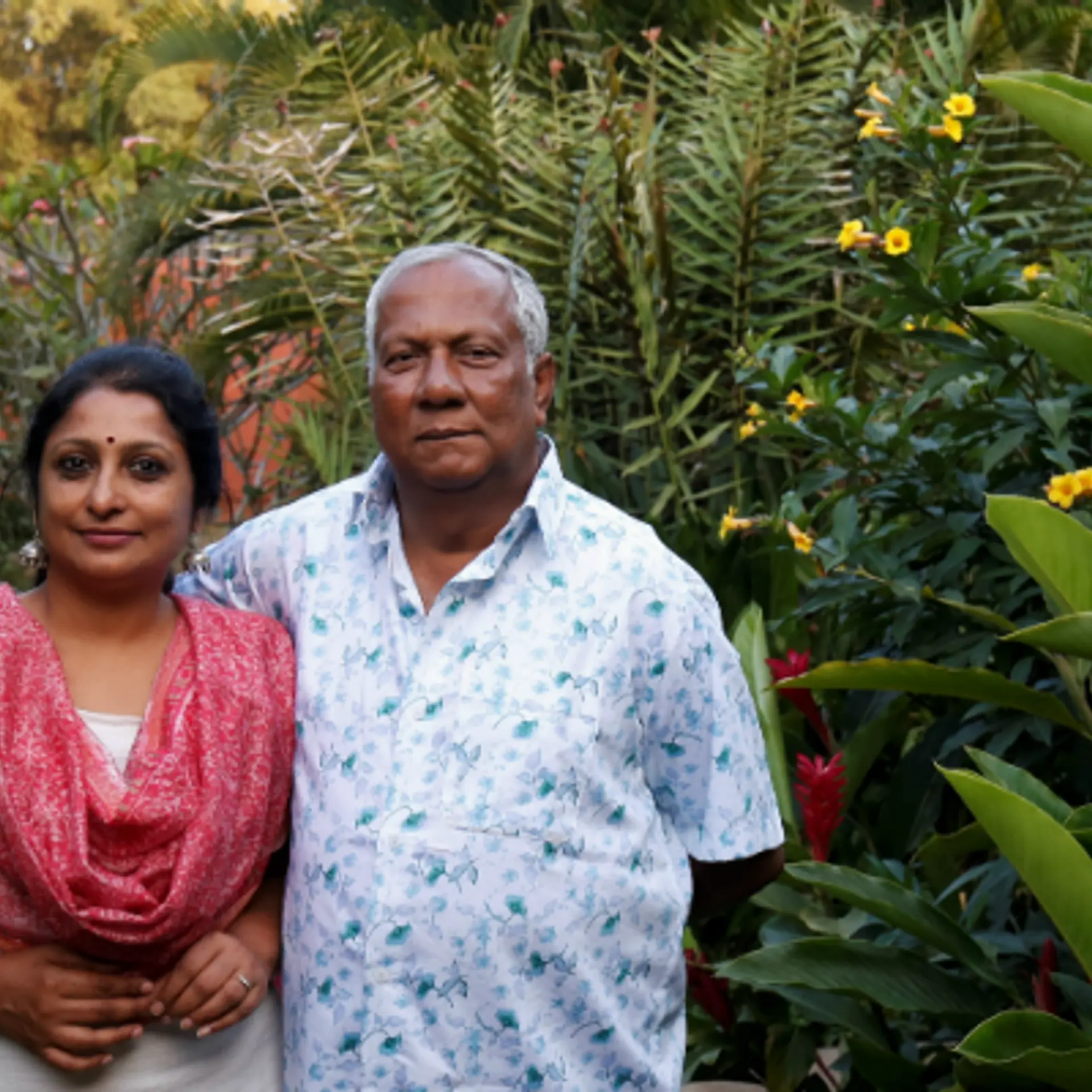This Chennai entrepreneur has set his sights high and wants Specsmakers to become a Rs 100 Cr in revenue brand
Forty-one-year-old Pratik Shah rebranded his father’s single-store business and scaled it to 295 stores in 34 cities across India in 10 years. The company has now raised close to $14 million in funding.
When Pratik Shah returned home from the US after completing his studies from the Spears School of Business, Oklahoma State University in the US, he didn’t join the corporate sector like most others did.
Call it fate, but after his return in 2004, he had to immediately take over his family’s optical store business as his father had taken ill. In a single stroke, Pratik’s life completely changed, and he was engrossed in the family-owned business, which was started by his father 30 years ago.
Although the single-store company was doing well and was seeing Rs 50 lakh revenue per year, Pratik felt it had the potential to do better.
He says: “While I took over the family business, I realised that it had the potential to become a brand. I travelled to China and began extensive research on how retail in India can become a brand play. I met several suppliers and realised how to optimise the supply chain for the store by buying high quality yet affordable materials.”
In 2008, Pratik rebranded the business from Venkateshwara Opticals to Specsmakers, and opened two more stores in Chennai. However, it was from 2011 that Chennai-based Specsmakers started eyeing expansion. The brand also managed to raise its first pre-seed round in 2014.
Today, the company has more than 295 stores in 34 cities across India, is seeing revenues to the tune of Rs 53 crore, and is growing at 51 percent year on year. It sells glasses for as low as Rs 200 per pair.
The company has raised close to $14 million in funding, but is yet to turn profitable. The company has an ARR of Rs 100 crore.

Pratik Shah
“As a company, we want to provide our consumers with affordable, high quality, and trustworthy optical products that are easily accessible. The eyewear industry is traditionally unorganised, and is dominated by unbranded products on one hand or high-priced foreign brands on the other. Our vision is to bridge this gap,” Pratik says.
The eyewear market
At present, organised players in India account for just 4-5 percent of the industry, and are expected to grow to 20 percent in the next three to four years.
A consumer looking to buy eyewear today has either the option of premium stores, which largely stock branded products (mostly foreign brands), or local mom-and-pop stores where products might be available, but the shopping experience isn’t the best. This is the white space that Specsmakers, as a brand, wants to fill for consumers who enjoy the experience of shopping and are on the lookout for good quality eyewear at affordable prices.
The company currently sells through its own stores in Bengaluru and Chennai, where it has a market leading presence with players like Ben Franklin and ClearDekho.
Last year, the company raised a Series A round of funding led by Eight Roads Ventures, a global proprietary investment firm backed by Fidelity.
The business
Over the last 10 years, the company has grown from strength to strength. “Building a brand always takes time, but, patience is the key. We were very clear from the start that we wanted to build a brand that consumers trust. At the same time, as a company, we have been mindful of balancing our ambition to deliver a superior experience to customers, manufacturing high quality products, and growing the business in parallel,” says Pratik.
A decade ago, the company chose to sell its products from its own stores to build a strong and trusted consumer brand. As the brand grew and became stronger, Specsmakers is now partnering with other channels to sell its products.
According to the company, the reason it is able to sell a pair of glasses for just Rs 200 is because it sources directly from vendors in China, and not through a distribution chain. This allows the company to focus on low cost retail. It wants to use the latest funding to get to 3,000 stores by 2025.
Like most retail businesses, Pratik says Specsmakers also faced many challenges in terms of excess inventory, rental, and operational costs. But as long as it keeps these costs low and is able to generate cash from operations, the business will see success. For now, it is expanding the number of stores and is going to double its network to 500 by 2020.
“We want to deeply penetrate each city, and within the city, the neighbourhoods we were in, and follow the brick-and-mortar model. We want our consumers to walk into our stores and feel the experience," Pratik says.
Staying light on our capex and opex has also helped us scale up rapidly in a relatively short period of time,” says Pratik.
Plans ahead
Over the next 18 months, the brand will be focussing on its key markets (Andhra and Telangana in the South), and also focus on entering new markets (Maharashtra and Gujarat).
Pratik says their ambition is to build a national brand of affordable and good quality eyewear.
Apart from scaling its business, the company will soon launch a new project in rural India where it has come up with a new machine to offer eye check-ups and eye corrections These machines will be given to women entrepreneurs who will go out into the villages and conduct tests.
Specsmakers claims to have served close to 10 million customers so far. The future is clear for Pratik, who says his vision is to organise the unorganised eyewear market.
(Edited by Megha Reddy)










